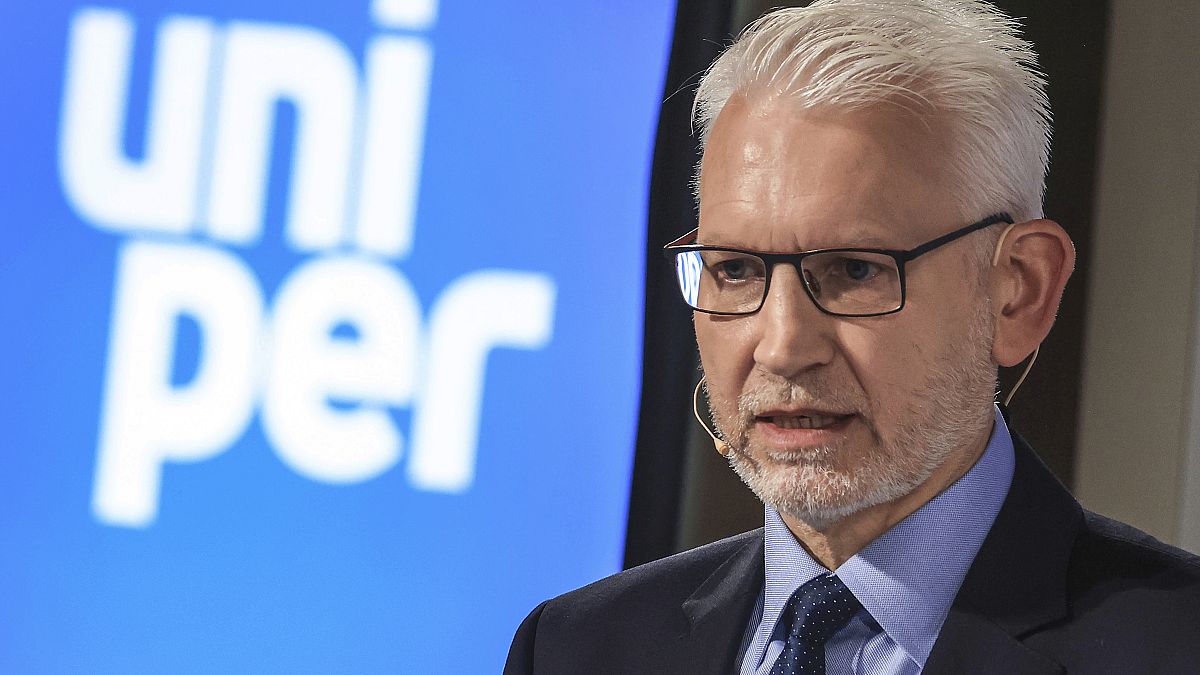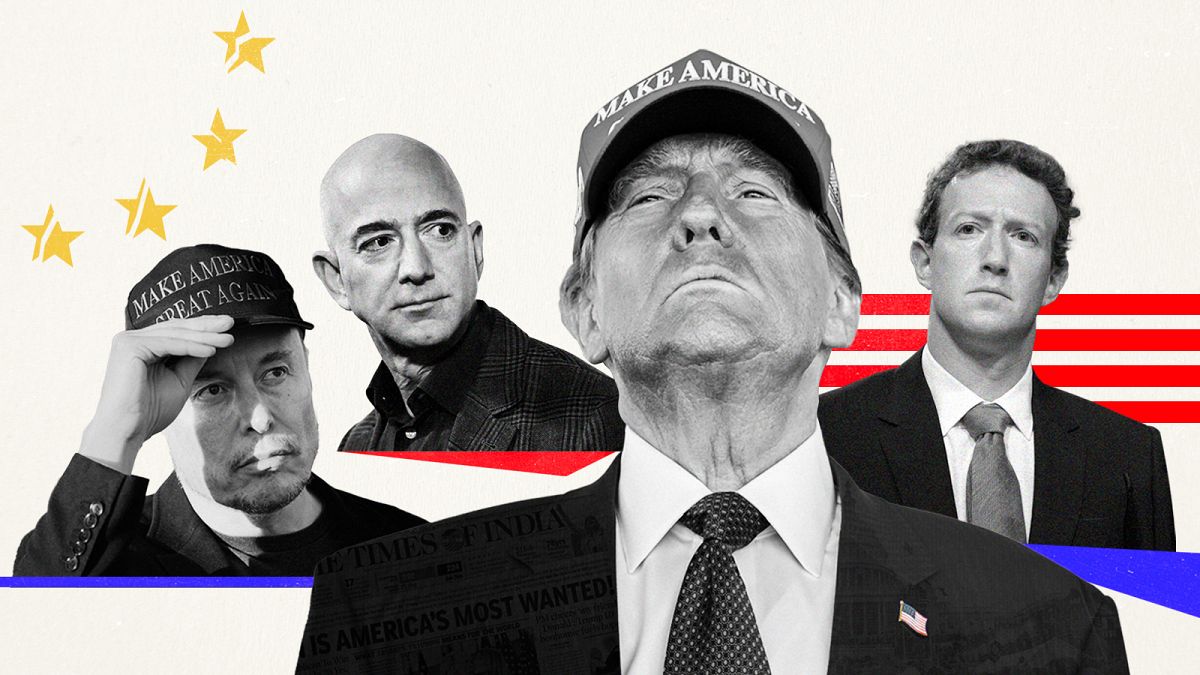What will happen to the EU telecom law without Thierry Breton?

With Henna Virkkunen likely to replace Thierry Breton as the EU Commissioner in charge of telecom, the scope of the upcoming Digital Networks Act is uncertain.
With Finland’s Henna Virkkunen tapped as the new EU Commissioner in charge of technology and telecom, the planned overhaul of telecom rules — the Digital Networks Act – could change direction.
The proposal set to be published in early 2025 – meant to address problems with connectivity, spectrum and investment – was spearheaded by former Internal Market Commissioner Thierry Breton, who himself was a former CEO of France Telecom.
Former European People’s Party MEP Virkkunen has been tasked by Commission President Ursula von der Leyen with “working on a new Digital Networks Act, to help boost secure high-speed broadband, both fixed and wireless”, according to her mission letter.
She should “incentivise and encourage investments in digital infrastructure”, taking into account the consultation responses.
Breton, who resigned earlier this month, introduced the idea of a new telecom law in 2023, which led to an intense debate between the telecom sector on one side, and the streaming services on the other.
The initial idea of a so-called “fair-share” option – which would see large tech companies would pay for telecom infrastructure – was watered down in the subsequent public consultation which spelled out several policy options. That consultation closed in June, and member states are now debating the outcome and potential plans, awaiting the Commission proposal next year.
Options could include broadening the scope of today’s EU telecoms rules, which safeguard network access and competition, to “ensure a regulatory playing field” with equal rights for all companies active in the sector.
Hungary, which is currently steering the ministerial meetings, aims to reach council conclusions by the end of this year.
Timing of the telco proposal might slip
With the new Commission expected to start work by 1 December, publication of a plan at the beginning of 2025 seems less likely. The timing of the DNA coming next year is also complicated by the fact that the European Electronic Communications Code (EECC), which regulates telecom networks and services, is also up for review next year.
In addition, most of the 27 EU member states have remained sceptical about plans to overhaul the telecom rules and the need for additional rules. They recently called upon the Commission to further analyse challenges arising from emerging technologies, consider future-proof solutions, and base its proposals on evidence.
The incoming commission appears to be rebranding with an investment focus, in line with the gist of the Draghi report — which called for more investment in the bloc.
The tech and telecom industries remain divided about what the incoming commission should do on telecoms. Alessandro Gropelli, Director General-designate of telecom association Connect Europe, formerly ETNO, said that the role of Commission Vice Presidents Ribera and Virkkunen will be “crucial”, with a new competition approach and the DNA now being “firmly in the picture”.
“As Draghi writes in his report, competitiveness is at stake”, he added.
On the other hand, Constantin Gissler, Director General of DOT Europe, representing online companies, said he is glad that the mission letters “reflect the broad feedback from stakeholders against imposing network investment costs on online services.”
“The EU Networks Act should instead focus on simplifying the regulatory framework and tackle the real barriers to infrastructure investment in Europe,” he added.
From a consumer point of view, Claudio Teixeira, Legal Officer at the European Consumer Organisation (BEUC) told Euronews that consumers are “right to worry” about the direction the Commission seems to be taking in telecoms with its push for more concentration and deregulation of EU telecoms markets.
“What we need instead is merger control, and the maintaining of existing rules to protect competition, which are the best ways to shield consumers from higher prices and to inject more innovation in the market. It isn’t by having two to three giants in telecoms US-style that you will get more innovation,” he said.
World News || Latest News || U.S. News
Source link



